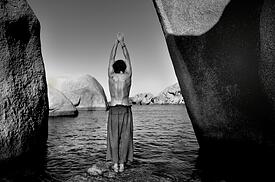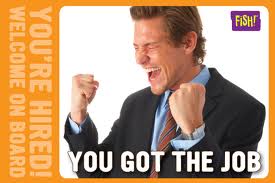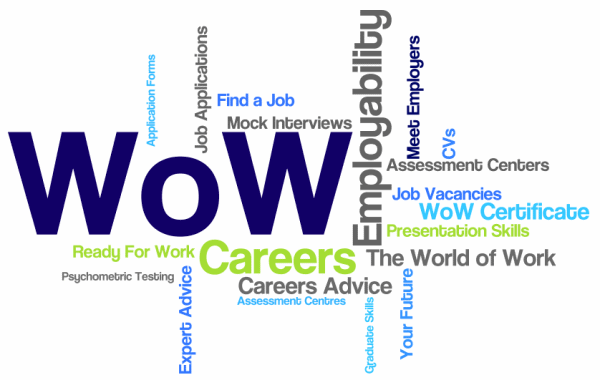
(Beautiful image by Federico Stevanin)
What?? Here we've always been told that giving positive feedback is important. And we've always felt it helps improve behavior (of our co-workers, direct reports, spouse, kids!) So what does the new study on the subject suggest for job seekers in particular?
A Harvard Business Review blog post by David Rock, Praise Leads to Cheating, suggests some provocative conclusions. A Carol Dweck study presented at the NeuroLeadership Summit in 2011 finds that praising someone's talent, intelligence, or some other quality viewed to be "inborn" makes the person more inclined to lie about their performance (3x more likely) and less likely to take risks.
Those whose work is praised are more likely to take learning risks and be truthful about their performance. The critical distinction here is between praising someone for a static trait s/he is born with and for a work product that is the result of effort. Dweck is quoted as saying: "trusting in the value of hard work and effort is not just a stronger predictor of success, but a much more powerful motivator."
She contrasts the "fixed" mindset of people in the "inborn quality" camp and the dynamic, willing-to-take risks-and-learn-new-things attitude of those who believe that their hard work will produce results - she calls it a belief in the neutroplasticity of the brain.
What does this mean for job seekers? Job search involves large elements of learning new behaviors and information and taking significant risks. If you can prime yourself with the belief that you can, by hard work and trying new things, be successful at getting a job, you will be much more likely to acheve your goals.
Let go of any ideas such as "more talented people than I are getting the jobs," or "you have to be really smart to do that," or "I'm not as good as the rest" or any other belief in the fixed quality of your traits.
Focus instead on your ability to make something great happen for yourself through dint of hard work and taking risks. Risks would include networking boldly and actively and directly approaching hiring managers. They would also include becoming more active in online conversations (LinkedIn, Twitter). It's within YOUR power!





-resized-600.gif?width=185&height=117&name=image-worldofwork-wow_cloud_(homepage)-resized-600.gif) This is Part 2 of my blog posts on what executive recruiters are looking for in executive candidates. Wayne Mitchell of Cabot Consultants listed the qualities he likes to see in candidates he will present to his clients:
This is Part 2 of my blog posts on what executive recruiters are looking for in executive candidates. Wayne Mitchell of Cabot Consultants listed the qualities he likes to see in candidates he will present to his clients:

 William Arruda, The Personal Branding Guru, is known for "seeing around the corner."
William Arruda, The Personal Branding Guru, is known for "seeing around the corner." 
